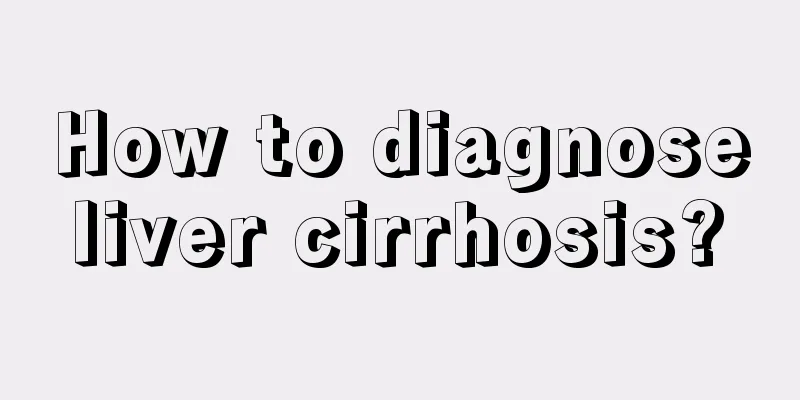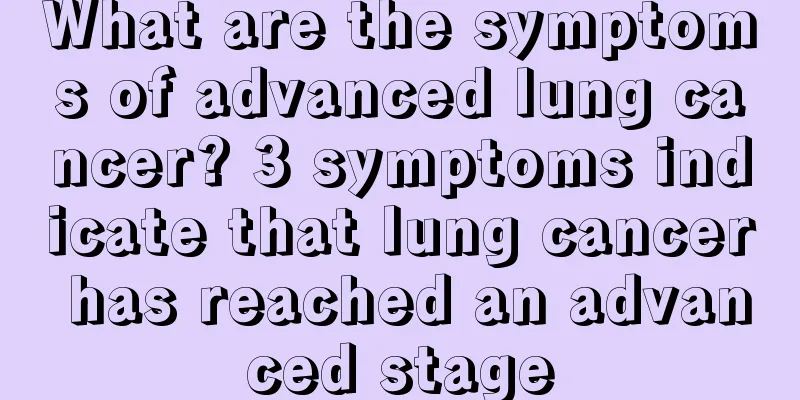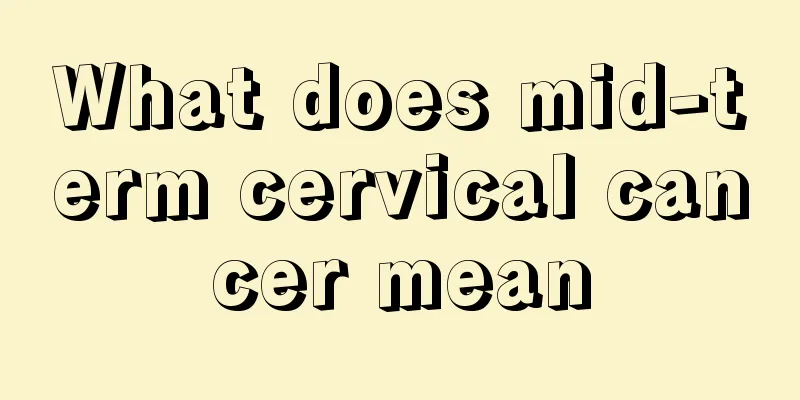What to do if you have convulsions due to cerebral infarction

|
Cerebral infarction is generally caused by lack of oxygen in the brain. It is difficult to completely cure this disease, mainly because this disease will leave many sequelae after it occurs. These sequelae will more or less affect the patient's future life and physical condition. Therefore, you should try your best to control the development of your disease and avoid complications. Pay more attention to rest during the treatment process so that your brain can be fully maintained. If the condition is relatively serious, it is best to rest in bed, especially if convulsions occur, you must pay special attention to it and take medication to relieve it. treat 1. General treatment in the acute phase During the acute phase, patients should rest in bed as much as possible and strengthen the care of the skin, oral cavity, respiratory tract, bowel and urination. Pay attention to the balance of water and electrolytes. If patients are still unable to eat on their own 48 to 72 hours after onset, they should be given nasogastric liquid diet to ensure nutritional supply. The patient's daily care, diet, and treatment of other complications should be given priority. In addition, most patients, their relatives and some medical staff hope that there will be better medicines to help patients recover soon, but ignore other aspects of treatment, such as the patient's diet. Since some patients with cerebral infarction cannot take care of themselves and even have difficulty swallowing during the acute phase, problems with their metabolism will quickly arise if they are not given proper nutrition and energy. At this time, even the best treatment medications will hardly produce good results. 2. Treatment of cerebral edema (1) Mannitol: 20% mannitol hypertonic solution is commonly used in clinical practice. Mannitol is one of the most commonly used and effective dehydrating agents. (2) 10% glycerol fructose can produce pharmacological effects through hypertonic dehydration. It can also utilize the energy generated by glycerol metabolism into the brain metabolism process, thereby improving local metabolism. Through the above effects, it can reduce intracranial pressure and intraocular pressure, eliminate cerebral edema, increase cerebral blood volume and cerebral oxygen consumption, and improve brain metabolism. (3) Diuretic dehydration agents such as furosemide (Lasix) and sodium urate can be injected intermittently intramuscularly or intravenously. |
<<: Is pyelonephritis serious?
>>: What are the treatments for Sheehan's syndrome
Recommend
There is inflammation in the intestines
In life, we cannot guarantee that we will not get...
How to relieve headache when I just arrived in Lhasa
We all know that the altitude in Lhasa, Xinjiang,...
What to do if you always feel sleepy in autumn
Many people feel tired in spring and sleepy in au...
Should I apply the cushion or sunscreen first?
In summer, sunscreen is very important for young ...
Intestinal cancer usually has three pains in the early stage
In the early stages of colorectal cancer, symptom...
Does eating fruit help prevent lung cancer? Eating like this will keep you away from lung cancer
There are many survey results showing that eating...
Bed culture in countries around the world
Whether you are conservative in sex life, bold an...
Esophageal cancer patients should pay more attention to their lifestyle habits
Esophageal cancer is a common cancer disease. Eso...
What to do if your nose gets hot
When autumn comes, the temperature is still relat...
https://static.cndzys.com/20161018/fa2f9f92802dd7a045aeb253f8eaf072.jpg
Why do I feel tired when I wake up in the morning...
What are the harms of chicken essence to human body
We may add some chicken essence when we cook in o...
Signs of unsuccessful weaning
Although many mothers know that breast milk is th...
Can patients with hyperthyroidism eat iodized salt?
The induction of hyperthyroidism is closely relat...
Is there any harm in using mugwort leaves as pillows
As we all know, mugwort is a common type of tradi...
Is the cost of treating ovarian tumors high?
As the saying goes: Women hold up half the sky, b...









